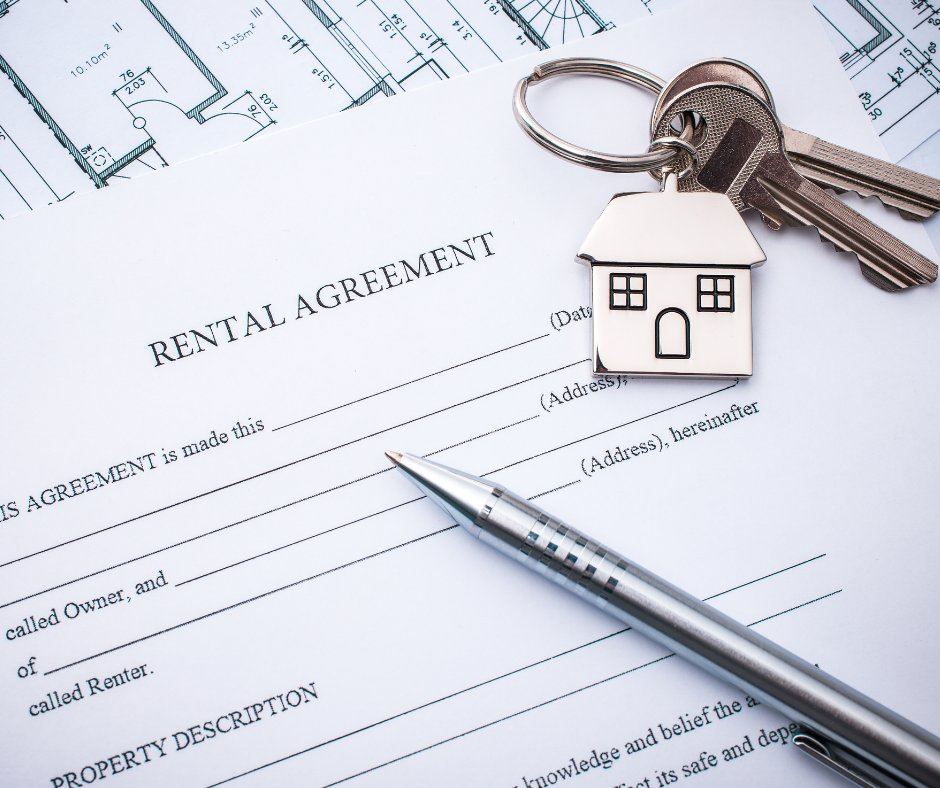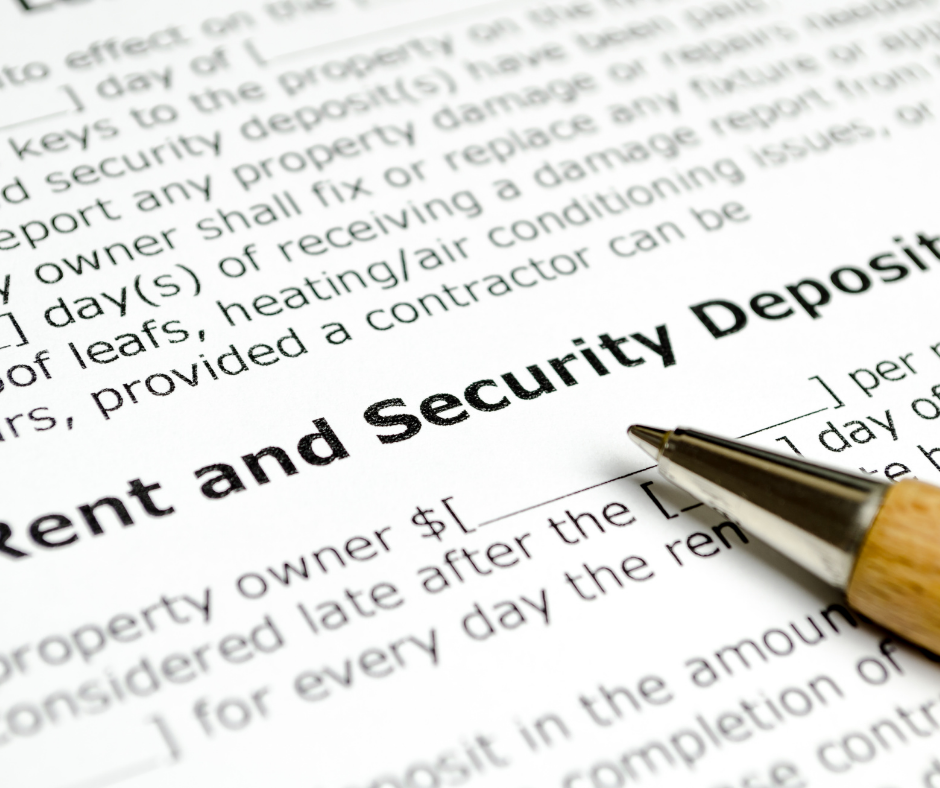This article describes a few matters that tenants of retail leases should be aware of. It is hoped that the information contained is useful for tenants when dealing with rental property and landlords.
The Retail Leases Act
The Retail Leases Act (“the Act”) was amended with changes coming into effect in October 2020. These changes were significant and some of them are addressed in this article.
The Act puts certain obligations on landlords that cannot be excluded from a lease of retail premises. Most tenants that engage in “retail activity” are covered by the Act. The definition of “retail activity” is very broad so many businesses are covered. In broad terms, if a tenant is providing services or selling goods to an “end-user” at the premises, a lease will be a retail lease. It is not relevant if an end-user is a member of the general public or a business user.
There are exceptions so you do need to seek legal advice if there are any questions as to whether or not the Act applies.
Entering into a lease

Disclosure Obligations at the commencement of a lease
If a lease is covered by the Retail Leases Act a key landlord obligation is to provide a disclosure statement to a tenant at least 14 days prior to the commencement of a new lease. The disclosure statement contains key information about the lease in an easily readable form. If the landlord does not provide a disclosure statement or it contains errors this gives the tenant certain options including the right to withhold rent or terminate the lease but only in certain circumstances. You must get legal advice before taking any action. A key matter in determining if you are able to take action is if you are less “well off” than you would have otherwise been had the landlord provided the disclosure statement to you.
A lease must be provided to the tenant
The landlord must provide the final version of a lease to a tenant at least 14 days before the lease starts. If the final version of the lease is provided to a tenant less than 14 days before the lease starts, the lease start date is deemed to be 14 days from the date the final version of the lease was provided.
Changes to lease during negotiations
When negotiating the terms of a new lease the landlord must provide a version of the lease showing any changes in mark up during the negotiations. If a landlord fails to do this they may be liable to be fined.
Mortgagee’s consent
You should request that the landlord advises its bank of the lease. This is known as obtaining the mortgagee’s consent to the lease. The effect of this is that if the landlord defaults under their mortgage, the bank must honour the lease. If the bank is not notified of the lease they are under no obligation to recognise your lease and may force you to vacate your premises.
The landlord must obtain consent if you request it and the landlord must pay any costs related to the request (pursuant to the Act), you should insist that the landlord obtains their mortgagee’s consent or you are at serious risk should the landlord default on their mortgage.
Legal Advice
You should always get legal advice before entering into a new lease. Leases are complex documents that can have repercussions over many years.
Renewals and Variations

New Lease if options changed
This is a technical point, but if at a renewal of lease (or at any other time) you and your landlord agree to add a new term to a lease you are actually commencing a new lease from the renewal date. This means that the landlord must comply with the requirements of the Retail Leases Act on new leases including providing a disclosure statement for a new lease rather than a renewal of a lease.
Notice requirement for a renewal of lease
A landlord must provide renewal notice at least three (3) months before the last date for a tenant to exercise their option. The renewal notice must include:
- the date by which the option to renew may be exercised;
- the rent which will be payable for the first 12 months of any renewed term;
- the availability of an early rent review;
- the availability of a cooling-off period; and
- any changes to the most recent disclosure statement provided to the tenant, other than any changes in relation to the rent.
Disclosure statement on renewal of lease
A current disclosure statement must also be supplied by a landlord to a tenant at least 21 days before the expiration of a term if a tenant has exercised or has the right to exercise an option. If the tenant does not receive the disclosure statement before the 21 day period the tenant can issue a termination notice.
Cooling off period
Once the tenant elects to exercise their option they have a 14-day cooling-off period, so long as they have not elected to conduct an early market review. If the tenant elects to retract their acceptance of the option, the option can no longer be exercised, and the expiry date of the lease will be increased by 14 days.
Rent Reviews

Permitted methods to increase rental
There are only three methods by which rental can be increased pursuant to the Retail Leases Act – percentage/fixed increase, CPI review or a Market Review. Market reviews will often occur at the commencement of each further term.
“Ratchet” clauses
A “ratchet” clause is one that states the rental shall not be decreased when a market review or CPI review occurs. These clauses are excluded under the Retail Leases Act, however, some landlords still attempt to include them in leases.
Market Review Method
It is prescribed in the act how a market review works – if the tenant and landlord cannot agree on the new rental, they must jointly appoint a valuer, if the parties cannot agree on a valuer to appoint, the Small Business Commission should be requested to appoint one. The cost of the valuer is split between the two parties.
The valuer will then determine the rent, this is out of your hands. This can be expensive – $3,000 or so – but can be worth it depending on the market and the landlord’s attitude. If a landlord is insisting on a very large increase the money spent on a valuation may be worth it.
CPI review
The consumer price index (“CPI”) is a measure of inflation. A lease contains a formula by which the CPI figure for a preceding quarter before a review is used to calculate the new rental amount. If CPI is negative the rental amount will decrease. If CPI is positive the rental amount will increase.
Fixed/Percentage Increase
This is the simplest rent review method. In this method, the lease will contain either a percentage or fixed amount by which the rental amount increases on certain dates.
Early Market Review
A tenant may request an early market review provided they give the landlord written notice within 28 days of receiving notice from the landlord of the last date to exercise their option. This means a tenant and landlord can be forced to agree on what the commencing rental of a new term will be prior to a tenant exercising its option. This change was introduced with the 2020 amendments to the Act.
Repair and Maintenance Obligations

Repair Obligations
The landlord must maintain the premises including fixtures and fittings in the condition they were in when the lease was entered into, fair wear and tear excepted. If a landlord does not repair a premises:
You can have urgent repairs done if the landlord or its agent do not arrange repairs in a timely manner and your business is affected.
The landlord must pay for repairs.
Apply to VCAT if the landlord will not attend to or pay for repairs.
You are not liable to pay rent/reduce the rent you pay if premises are damaged and you are either partially or completely unable to operate your business.
Common Areas
Common areas will generally not form part of the area you lease but you may be given a licence to use common areas within a building as part of the terms of a lease. You should seek legal advice as to what your obligations and rights to use common areas are.
If there are common areas shared with other tenants the landlord must keep the common areas in the same condition as at the commencement of the lease. This could include a lobby, stairwells, lifts and bathrooms.
Renewed terms
The landlord must continue to keep the premises in repair as it should have been in the previous term.
Essential safety measures
These are obligations put on a building owner to comply with basic safety principles. Examples of essential safety measures (ESM for short) include maintenance of fire extinguishers, handrails, air conditioning, car parks, and doors. A landlord may pass the cost related to these items onto a tenant provided the cost has been disclosed in a disclosure statement. Landlords were only given the ability to pass on these charges by the 2020 updates to the Act.
Tenant Repair Obligations
You should check the lease carefully to see exactly what repairs you are required to carry out. If you damaged the premises through your actions (or inactions) you must pay to repair the premises.
Make good provisions
At the end of the lease, you may be obliged to return the premises to the state it was in prior to moving in. This can be expensive depending on your fit-out so you must make sure you understand what your obligations are.
Maintain the premises
You may be required to repaint the premises, polish floorboards or otherwise maintain the premises.
Other matters to consider

Personal guarantees
A personal guarantee dramatically increases the risk that you face in your own capacity. If a lease is taken out by a company landlords will generally require that the directors of a company provide a personal guarantee of the terms of the lease. This means that if the company defaults under the lease the directors of the company would be held personally liable to carry out the tenant’s obligations under the lease.
Excessive security deposits
Excessive security deposits can make transfers of the lease very difficult when selling a business as purchasers may not agree to pay such a large amount and you would have no recourse to force a landlord to reduce a security deposit if you have previously agreed to it.
Sale of business
Get advice from a solicitor before entering into a contract to sell your business.
Final Points
The following dot points are critical for tenants to consider:
- Retail Leases Act – Know your rights
- Renewals – must comply with the terms of the lease
- Repairs – the landlord has obligations it cannot avoid and cannot charge you for
- Always get legal advice before entering into a lease
Disclaimer: All information contained in this paper is of a general nature and is not legal advice. The information is only current as of the date of publication. You should not act on the information without first obtaining specific advice from a solicitor.
Will has developed a broad commercial practice in which he advises clients on business acquisition and sale, commercial agreements, commercial and retail leasing, and commercial litigation. Learn more about Will's legal experience.


